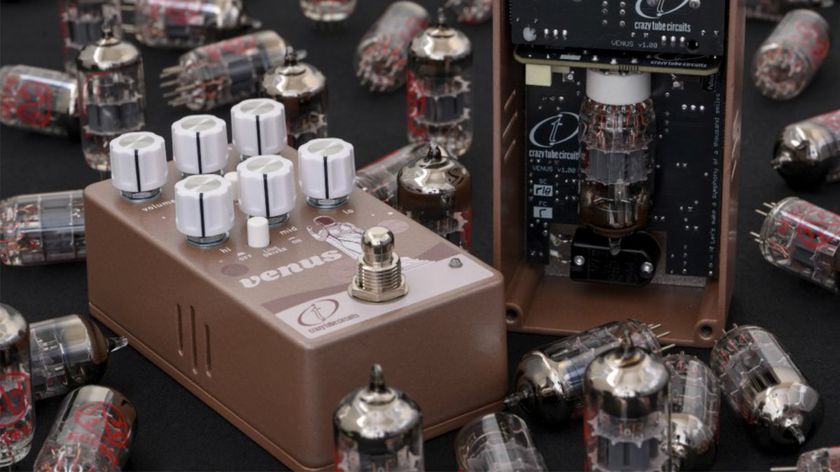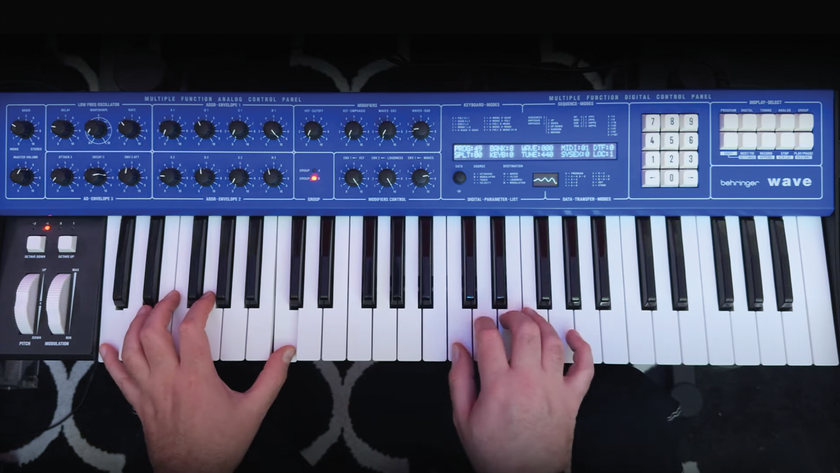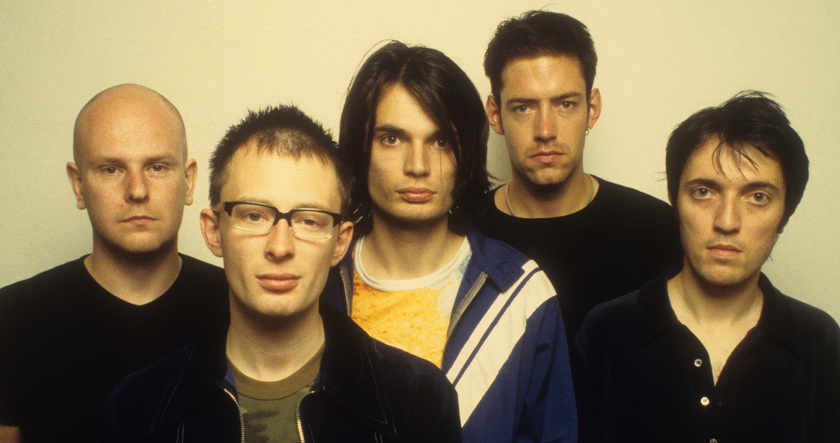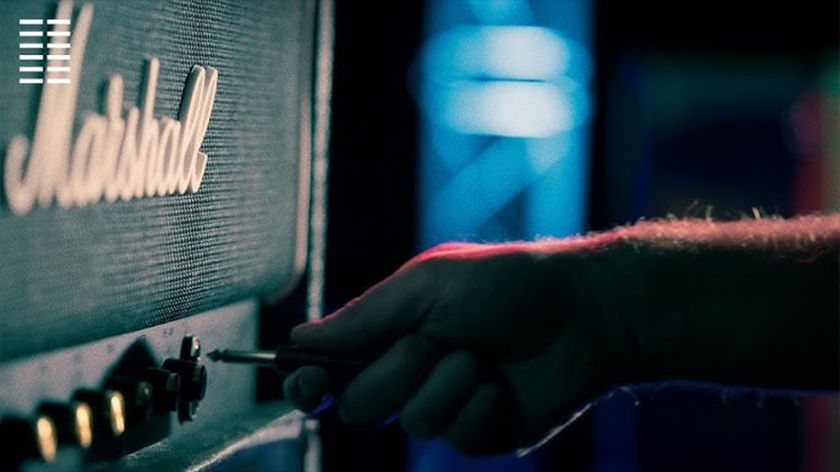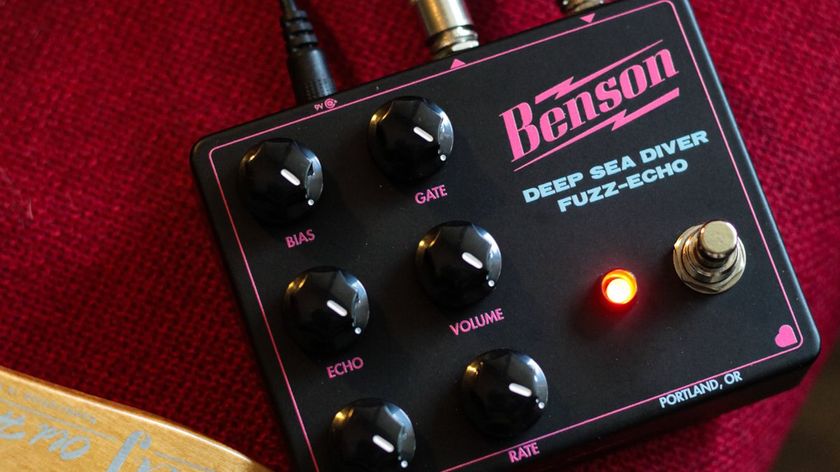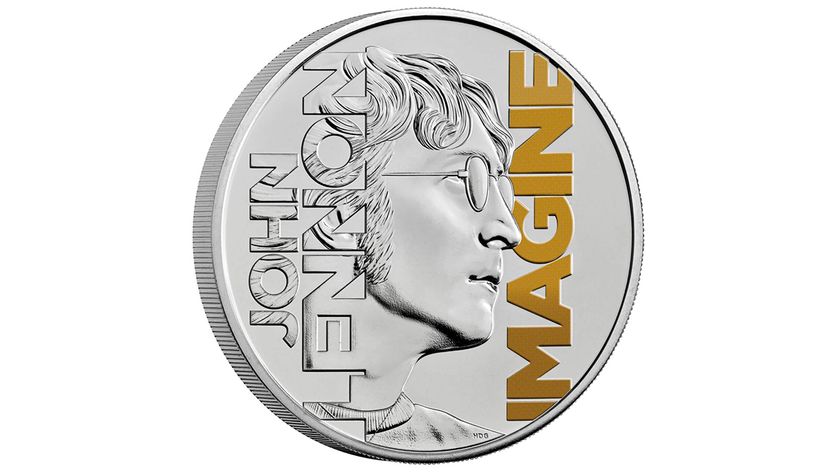Taylor York, Paramore: guitarist 2.0
How to cut it as a modern player. Plus, Taylor's studio setup
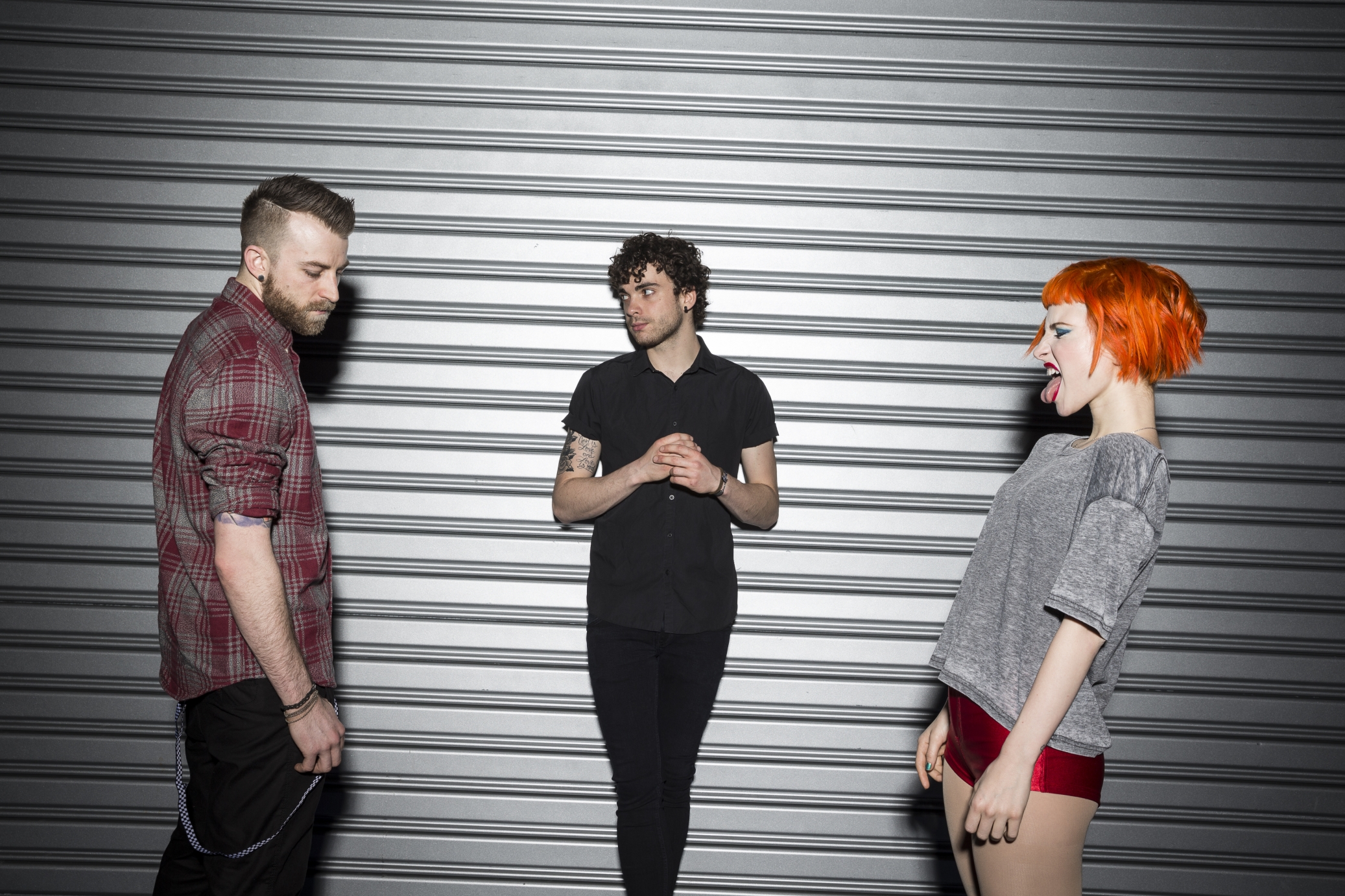
GUITARS AND AMPS EXPO 2014: Tennessee pop rockers Paramore have had their fair share of success in the last ten years, but it was the release of their musically mature self-titled fourth album in 2013 that propelled them skyward. At the core of that album is guitarist Taylor York. As well as handling the bulk of the songwriting on the record, Taylor is also credited for his involvement in production, drums, keyboards, programming, percussion and even backing vocals.
As greater demands are being put on musicians to bring more than just great playing to the table, we ask Taylor what it takes to be a professional guitarist in 2014. Plus, we gain insight into his lust-worthy live and studio setups - the man has seriously good taste!
You have a number of strings to your bow - guitar, drums, songwriting, production. How did you set about adding these skills to your arsenal? Were they picked up by osmosis through spending time with other musicians, or did you specifically seek out these other avenues?
"I suppose I sought them out. I started as a drummer, however when we formed Paramore in the very beginning there was already a far better drummer, so I learned guitar so I could be a part of it. Songwriting came mostly because our main songwriter with Hayley left the band, so I did my best to fill in the gap. Production is just a lot of fun and is so interesting to me. So they all just sort of happened over time."
"Being in the same room with other musicians can elevate your playing and your passion. The better the musicians you are with, the more you have to stretch yourself"
You played drums on the track Monster. How experienced a drummer were you at that time, and were you confident in your skills before going in to record it?
"Drumming is one of my favourite things in the world to do, so I was excited for the challenge, but I wasn't experienced and felt a bit unprepared. That EP was definitely a statement that we needed to make - that we could do it on our own - so no matter what I was determined to play drums on those songs. It was a lot of work and took longer than I wanted, but we eventually got it there! Now that we've proved that, though, it's nice to let a real drummer do that part and I can just be a guitar player."
You're a key songwriter in Paramore, and the latest album is the band's most mature yet. When did you first start writing guitar music, and what are the key lessons you've learned as you've developed?
Get the MusicRadar Newsletter
Want all the hottest music and gear news, reviews, deals, features and more, direct to your inbox? Sign up here.
"I've always been lucky enough to have been a small part of the songwriting process on every Paramore record, however this was the first record that the bulk of the music writing was in my hands. I had to learn to really let my heart and mind be open so that I was available when inspiration struck. It's not about trying to write a huge single or write what you think will be successful. It's just about showing up. Good songs will eventually show their faces in the midst of you just showing up every day. You have to be okay with failure and subpar songs, too. That's an essential part of the process, but a frustrating pill to swallow at times.
"Sometimes when I'm not feeling particularly inspired by the guitar I like to write melodies on the piano, then learn them on guitar. That's how the Still Into You and Ain't It Fun riffs both happened. The guitar gave both of those melodies such a different vibe and attitude that I loved, yet I never would have stumbled onto them writing with a good ol' six string."
Check out the Ain't It Fun riff in this official Paramore video:
Do you still work on honing your guitar skills, or do you feel as though you'd rather invest more energy into developing your songwriting muscle?
"They seem to go hand in hand for me. I grow as a player by learning how to play the melodies I hear in my head. I think scales and technique are great, but the most productive way to learn is to stretch yourself as a writer. Sometimes players spend a long time learning really impressive things on a guitar, but those things don't necessarily connect with people or fit within the context of a song. I've always been a fan of writing guitar parts that you can sing."
"Politics will always be present, so just make sure you're working really hard and making great art that you are fully behind"
How important is playing with other musicians to developing your abilities as a guitarist and as a musician in general?
"I think it's incredibly important. There are things like feel and subtlety that are nearly impossible to truly grasp by yourself. Being in the same room with other musicians can really elevate both your playing and your passion. The better the musicians you are with, the more you have to elevate and stretch yourself."
Paramore are hugely successful now, but you have worked hard for it. What is the biggest thing you have learned about the music industry during your journey so far?
"I've learned that great art rises. Politics and obstacles will always be present and there are many things that you can't control, so just make sure you're working really hard and making great art that you are fully behind."
Finally, we can't let you go without talking gear. What does your live setup consist of these days?
"Live guitars include a BilTVolare, two BilT Zaftigs, two BilT Relevator LS's, an '89 Epiphone Sheraton (with Arcane Ultratron pickups), and a Martin 000-18 Golden Era. As for amps I have a modded Marshall JCM 2000 DSL 100 (dirty) and a Divided By 13 RSA 23 (clean). Pedals... There are many varieties of EarthQuaker Devices, Rawkworks, Strymon, Electro Harmonix, Caroline Guitar Company, Z.Vex, and Boss."
And what about your studio setup?
"My studio guitars include a Gibson Midtown Custom (with Bareknuckle Mississippi Queen P90 pickups), Fender '75 Starcaster, Custom Fender Jazzmasters with humbuckers, normal Jazzmasters, a Rickenbacker 360, Gretsch Tennessee Rose, Epiphone Casino, Les Paul Special, '58 Les Paul Jr, Neptune Singlecut Baritone, and a Jaguar Baritone. Amps include a 65 Amps Tupelo, Traynor YBA-1A MKII, Silverface Fender Deluxe Reverb, Roland JC 120, modded Marshall JCM 2000, Divided By 13 RSA 23, Watkins Dominator, and a Vox AC30."
Words: Chris Barnes
Paramore's self-titled album is out now. For more information, please visit their official website
I'm MusicRadar's eCommerce Editor. In addition to testing the latest music gear, with a particular focus on electronic drums, it's my job to manage the 300+ buyer's guides on MusicRadar and help musicians find the right gear for them at the best prices. I dabble with guitar, but my main instrument is the drums, which I have been playing for 24 years. I've been a part of the music gear industry for 20 years, including 7 years as Editor of the UK's best-selling drum magazine Rhythm, and 5 years as a freelance music writer, during which time I worked with the world's biggest instrument brands including Roland, Boss, Laney and Natal.
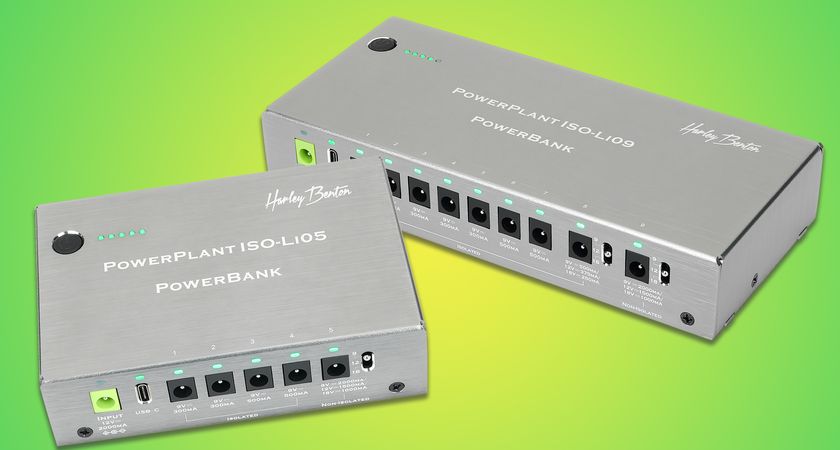
“A game-changer for musicians seeking complete freedom on stage or in the studio”: Pedalboard power to go? Harley Benton’s new PowerPlant PowerBanks are take-anywhere power bricks with an onboard battery
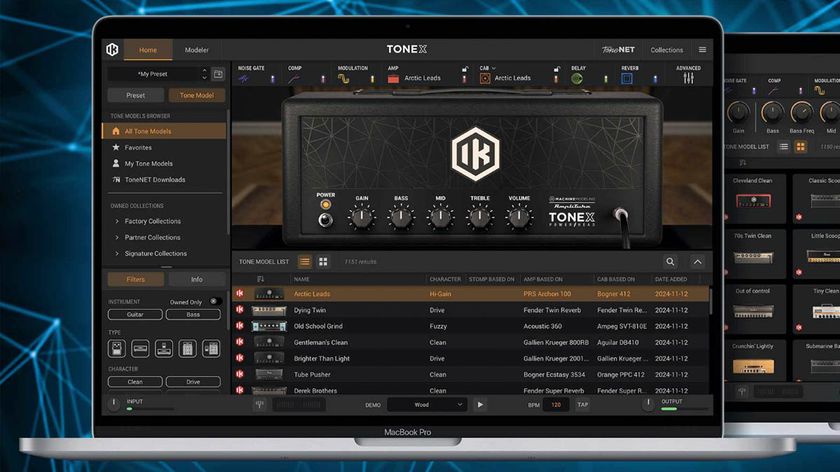
“Customise your live rig with real-time precision”: IK Multimedia has just made its digital amp modelling ecosystem easier to manage with the Tonex Editor



